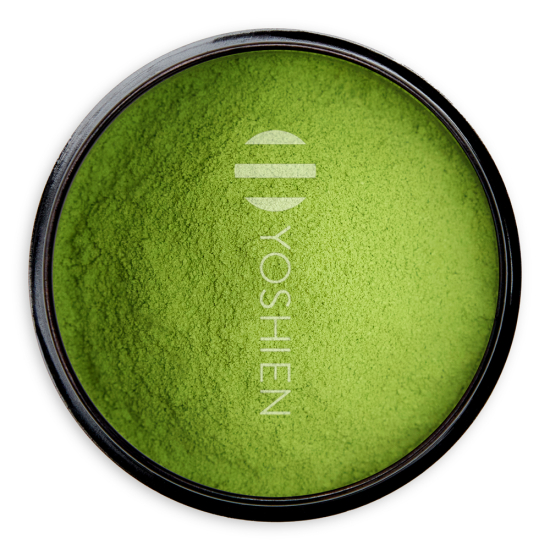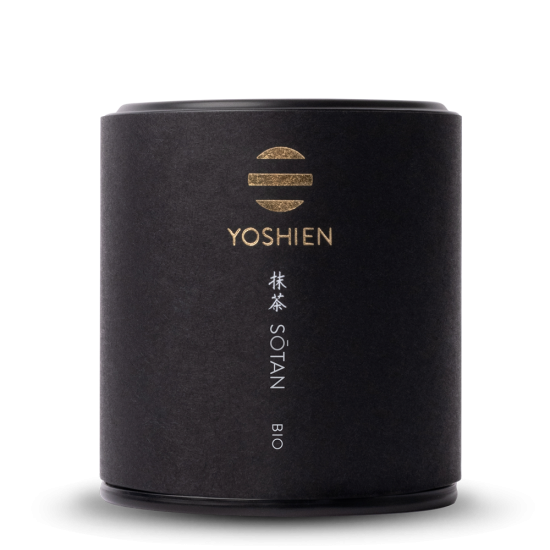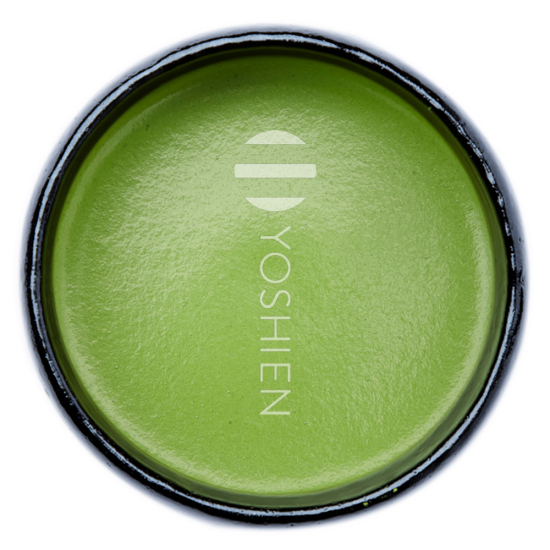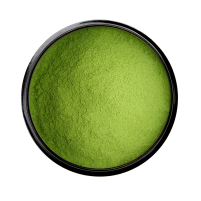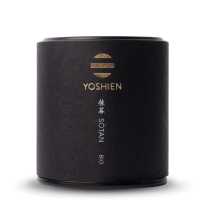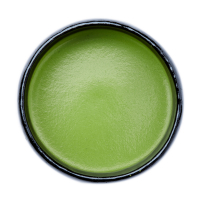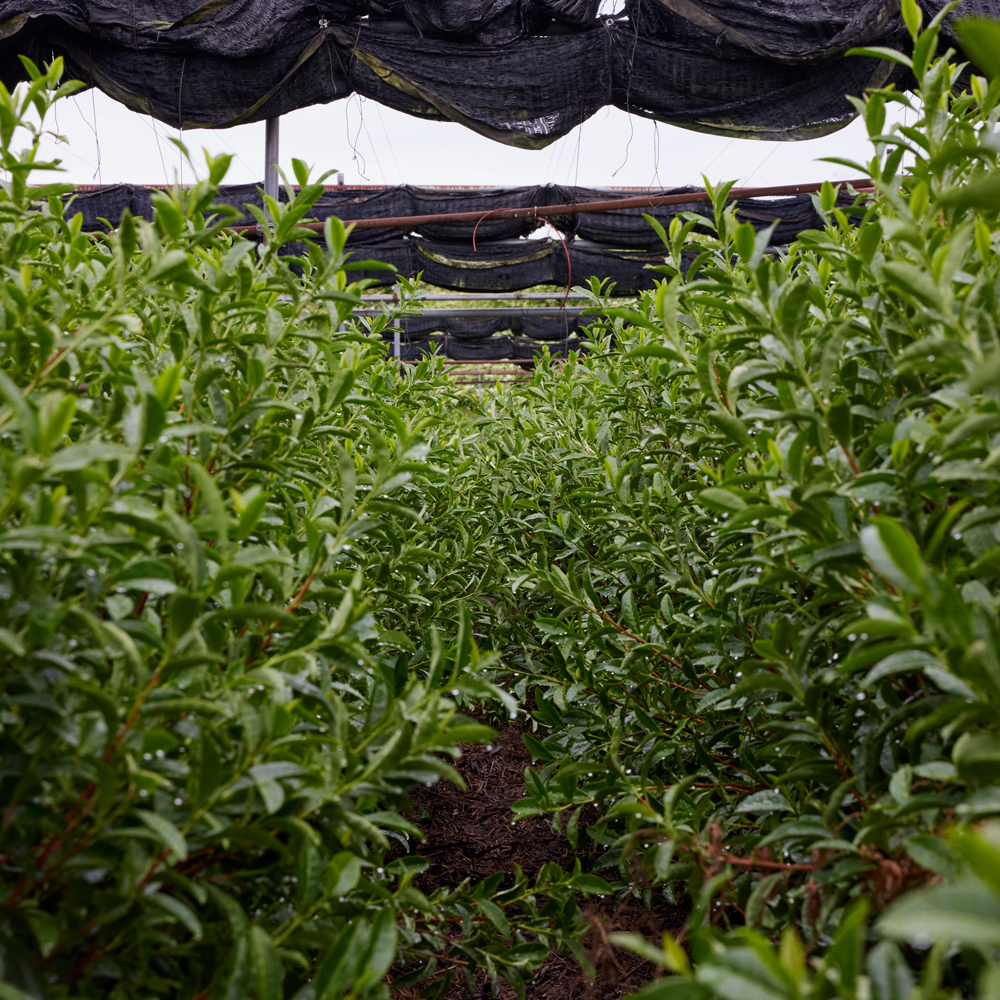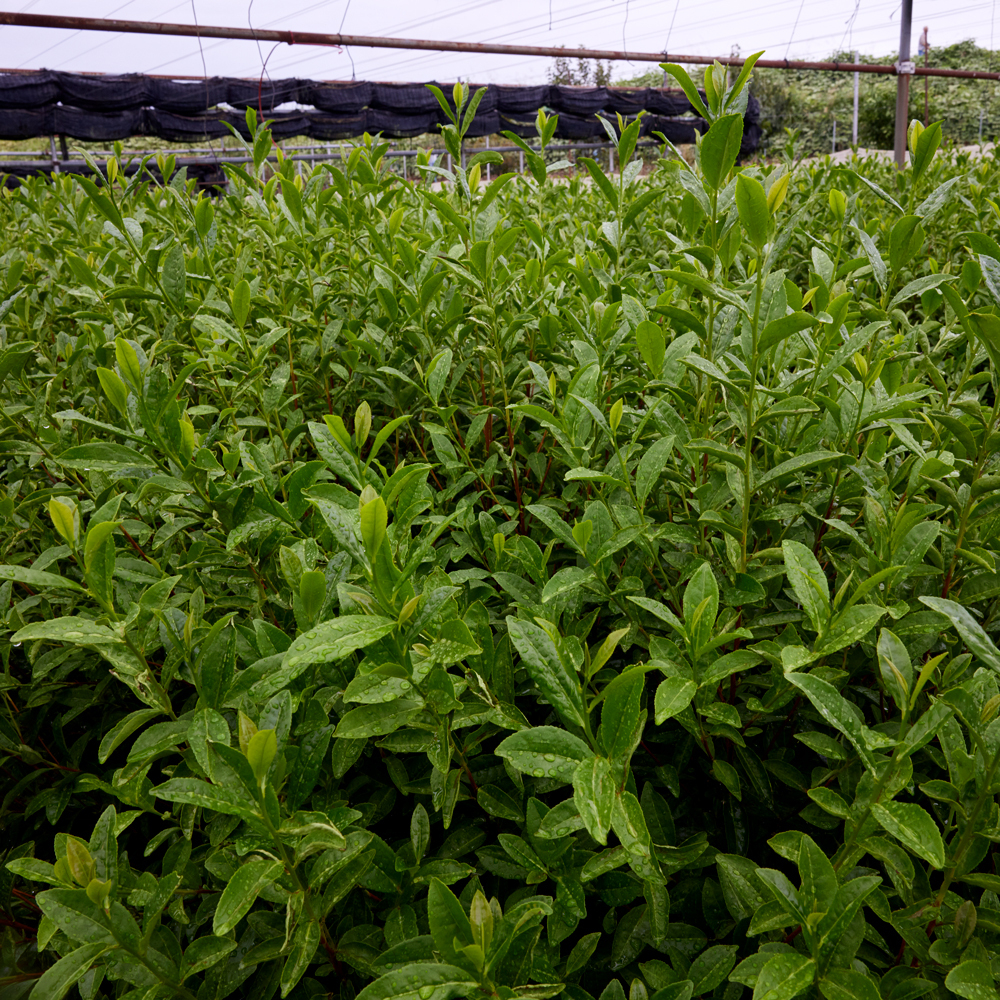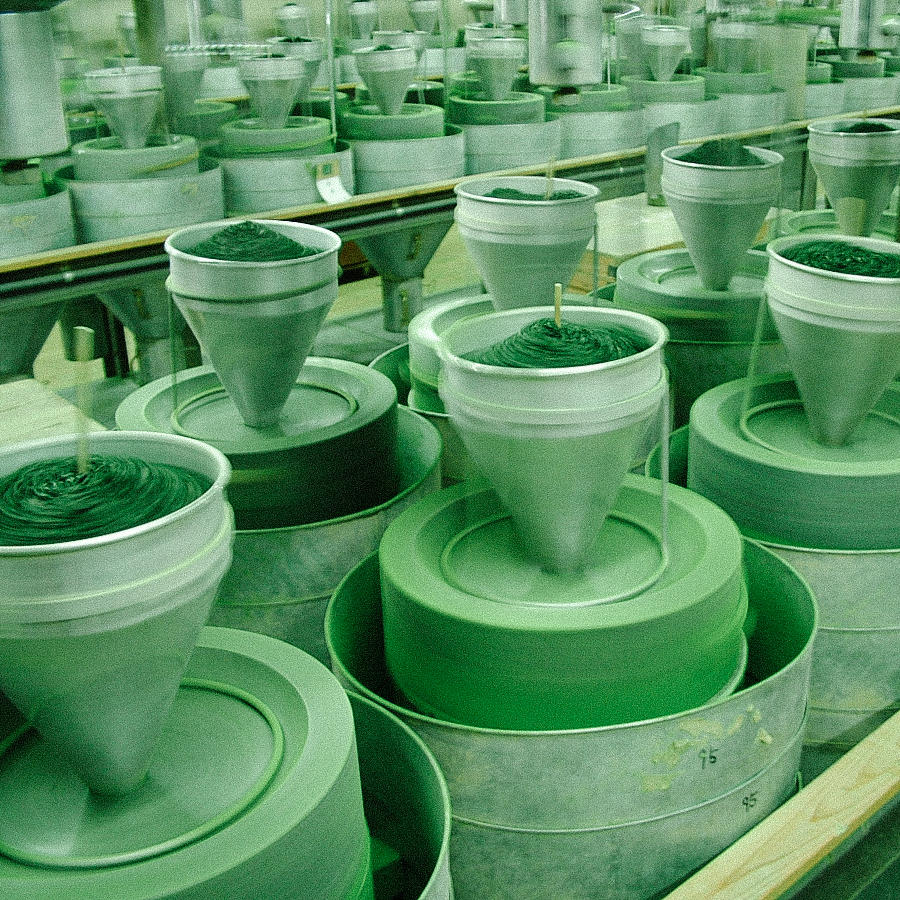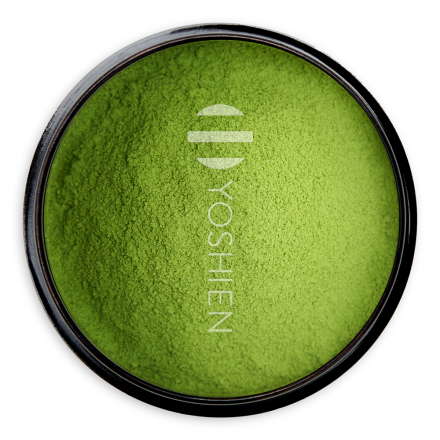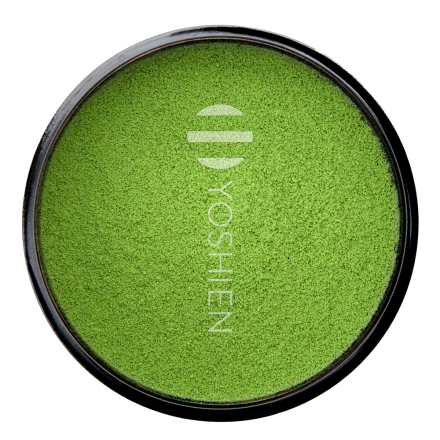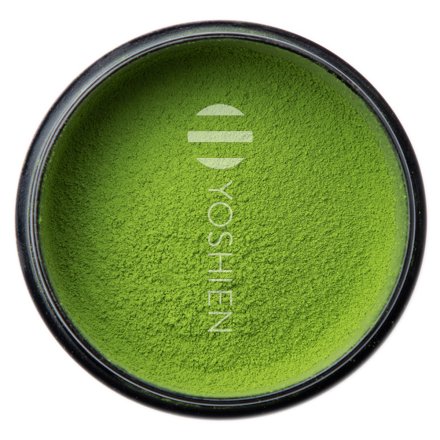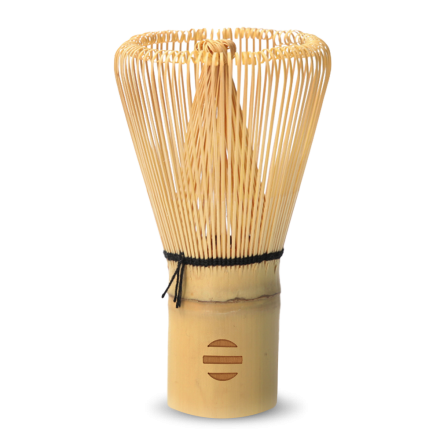Special features in location, cultivation and processing
Uji is considered the birthplace of Japanese tea culture, offering fertile soil for tea cultivation in the former floodplain of the Ujigawa River. Since the early medieval period, Uji has been renowned as Japan’s premier tea-growing region, and to this day, it continues to produce some of the country’s finest Matcha, Gyokuro, Sencha, and Hojicha. However, organic cultivation remains a rarity due to intense market competition, requiring years of experience to achieve the highly sought-after deep and harmonious umami flavour. Recently, the increasing international demand for high-quality organic Uji tea has begun to signal a shift, led by pioneering farmers such as ours.
Our farmer cultivates this tea using the traditional Shizen jitate method, where tea plants grow as individual bushes rather than being machine-trimmed in plantation-style rows. This approach means that both pest control and harvesting are carried out entirely by hand – resulting in the supreme quality and depth of flavour that distinguish this matcha. Due to this labour-intensive cultivation method and low yields, our organic matcha farmer produces only a very limited quantity of matcha each year.
Single Origin
This matcha comes 100% from the above-mentioned tea field and is packaged airtight for us directly on site. Directly sourced from the farmer.
Organic Certification

PL-EKO-01
Nicht-EU-Landwirtschaft



